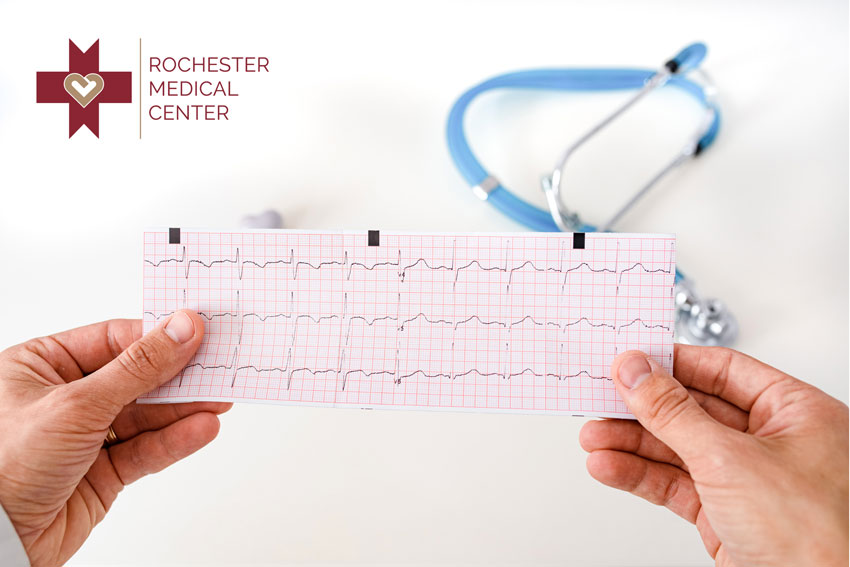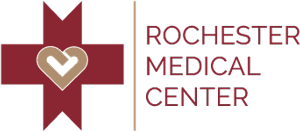Our hearts rely on a precise electrical system to contract and pump blood effectively. However, when this electrical activity becomes disrupted, it can lead to arrhythmias – abnormal heart rhythms where the heart beats too fast, too slow, or irregularly. One of the most common arrhythmias is atrial fibrillation (AFib).
What is Atrial Fibrillation?
Atrial fibrillation occurs when rapid, disorganized electrical signals cause the upper chambers (atria) of the heart to contract irregularly and out of sync with the lower chambers (ventricles). This can lead to symptoms like heart palpitations, shortness of breath, fatigue, and an increased risk of stroke and heart failure if left untreated.
While AFib affects millions of Americans, it is just one type of arrhythmia. Other examples include atrial flutter, supraventricular tachycardia (SVT), ventricular tachycardia, and ventricular fibrillation. Understanding the underlying cause and type of arrhythmia is crucial for determining the most effective treatment approach.
Diagnosing Arrhythmias at RMC
At Rochester Medical Center, our Atallah Heart Center has been a leading private cardiology practice in Michigan for over 45 years. We offer advanced diagnostic tools to accurately identify arrhythmias, including:
- Mobile Cardiac Telemetry (MCT) – Portable heart monitoring devices worn by patients to continuously record heart rhythms over an extended period, aiding in the detection of infrequent arrhythmias.
- Electrocardiograms (EKGs) – Non-invasive diagnostic tests that measure and record the electrical activity of the heart, helping identify irregularities in heart rhythms.
- Treadmill Stress Tests – Evaluating the heart’s performance during physical exertion by monitoring heart rate, blood pressure, and electrocardiogram readings while walking on a treadmill.
- Implantable Loop Recorders – Small devices implanted under the skin to continuously monitor and record heart rhythms over an extended period, ideal for detecting infrequent arrhythmias.
Treating Arrhythmias with Expertise
Once an arrhythmia has been properly diagnosed, our team develops a personalized treatment plan drawing from multiple therapies:
- Medication Management – Antiarrhythmic drugs, blood thinners, and other medications to control heart rate/rhythm and prevent complications. 3D CT Angiography (Heart Scan) – Combining 3D CT imaging, EKG, and computer technology to provide detailed visuals of the heart’s electrical conduction system and blood flow.
- Catheter Ablation – A minimally invasive procedure using heat or cold energy to create strategic scars and disrupt faulty electrical signals causing arrhythmias.
- Minimally Invasive Procedures – For more complex cases, procedures like maze surgery or pacemaker/defibrillator implantation may be recommended.
Our approach prioritizes non-invasive outpatient care and preventive strategies whenever possible to minimize the need for higher-risk surgeries. However, for specialized treatment, we collaborate with renowned partners like Cleveland Clinic and Mayo Clinic. Early detection and proper management of arrhythmias is key to maintaining a healthy heart rhythm and reducing complications. Let our cardiovascular experts evaluate your condition and get you on the path to relief.
If you or a loved one is experiencing symptoms of an arrhythmia like palpitations, dizziness, shortness of breath or fatigue, don’t wait – contact Rochester Medical Center today.

